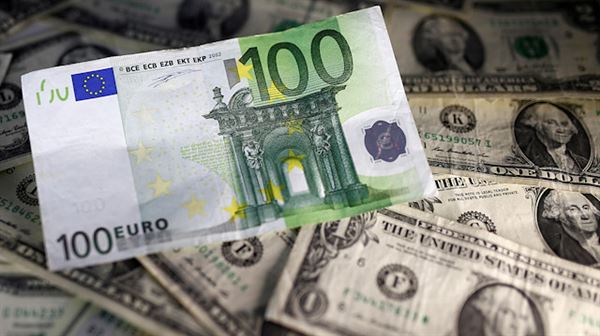The German economy is unlikely to slide into a prolonged recession even as it languishes in a weak growth cycle, the Economy Ministry said on Monday.
The German economy is unlikely to slide into a prolonged recession even as it languishes in a weak growth cycle, the Economy Ministry said on Monday.
The German economy is expected to contract slightly in the third quarter as it did in the April-June period as exports weaken on uncertainties linked to Britain’s planned departure from the European Union as well as trade conflicts.
The technical recession expected in the third quarter will come after nine successive years of growth, fuelled by an export boom mainly to China and more recently a consumption-driven cycle supported by low interest rates in the euro zone.
“A stronger slowdown or a pronounced recession are not to be expected at the moment,” the ministry said. “The export-oriented German industry is facing weak global trade, stagnating global manufacturing and falling demand for cars.”
“The German economy remains in stagnation,” it added. “Economic activity is stuck at the existing level.”
Economists have voiced concern that the slowdown in manufacturing would sooner or later spread to other sectors of Europe’s biggest economy, whose robust labour market is starting to feel the effects of the drag.
The ministry said that growth in services and construction was largely compensating for a recession in the export-dependent manufacturing sector.
Chancellor Angela Merkel’s coalition government of conservatives and social democrats has resisted calls for a stimulus package to counter the slowdown.
Germany’s leading economic institutes have slashed their growth forecasts, predicting an expansion of 0.5% this year and 1.1% in 2020.
The government will publish its growth forecasts this week. In April, it predicted growth of 0.5% for 2019 and 1.5% for 2020.
